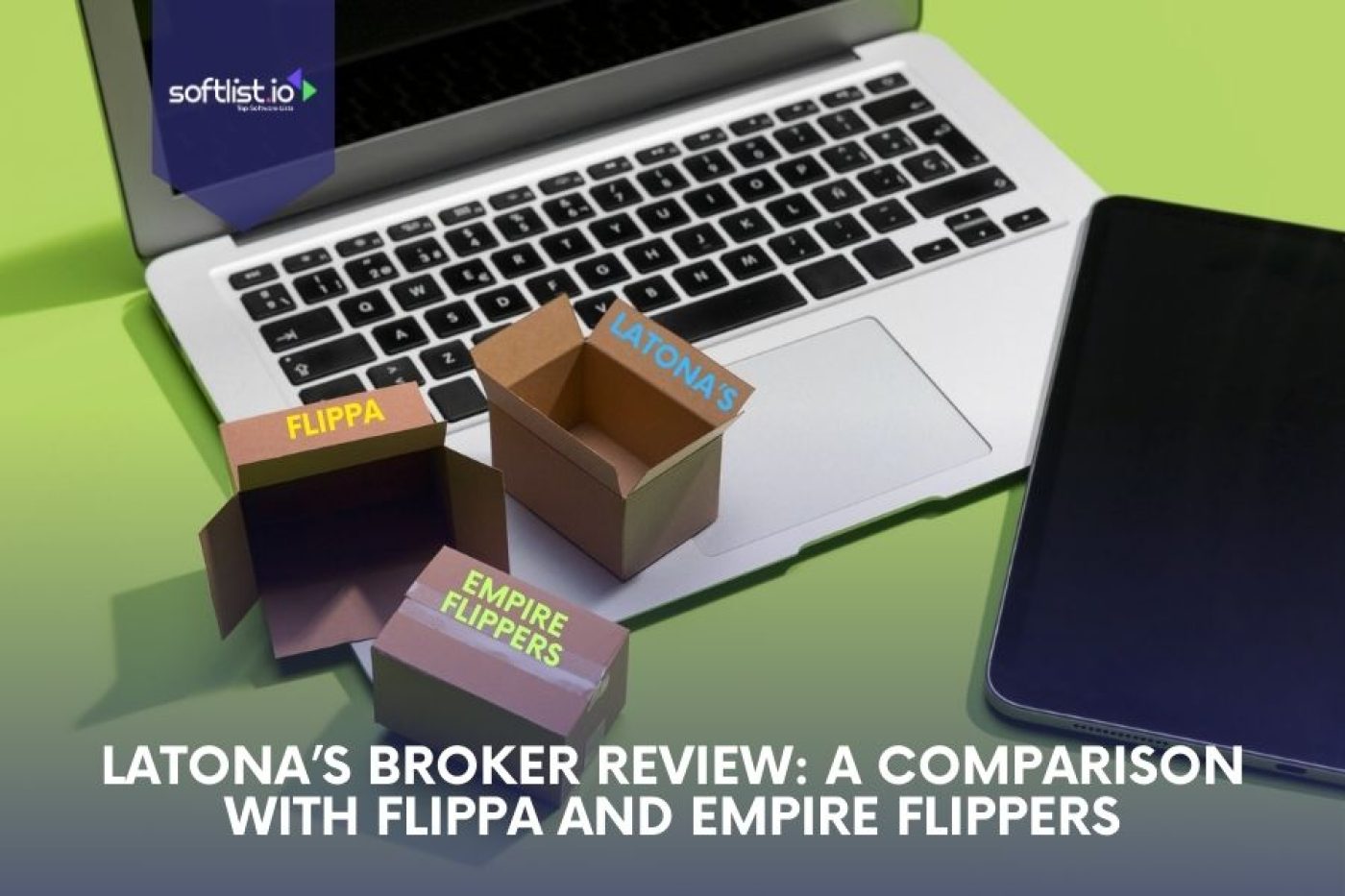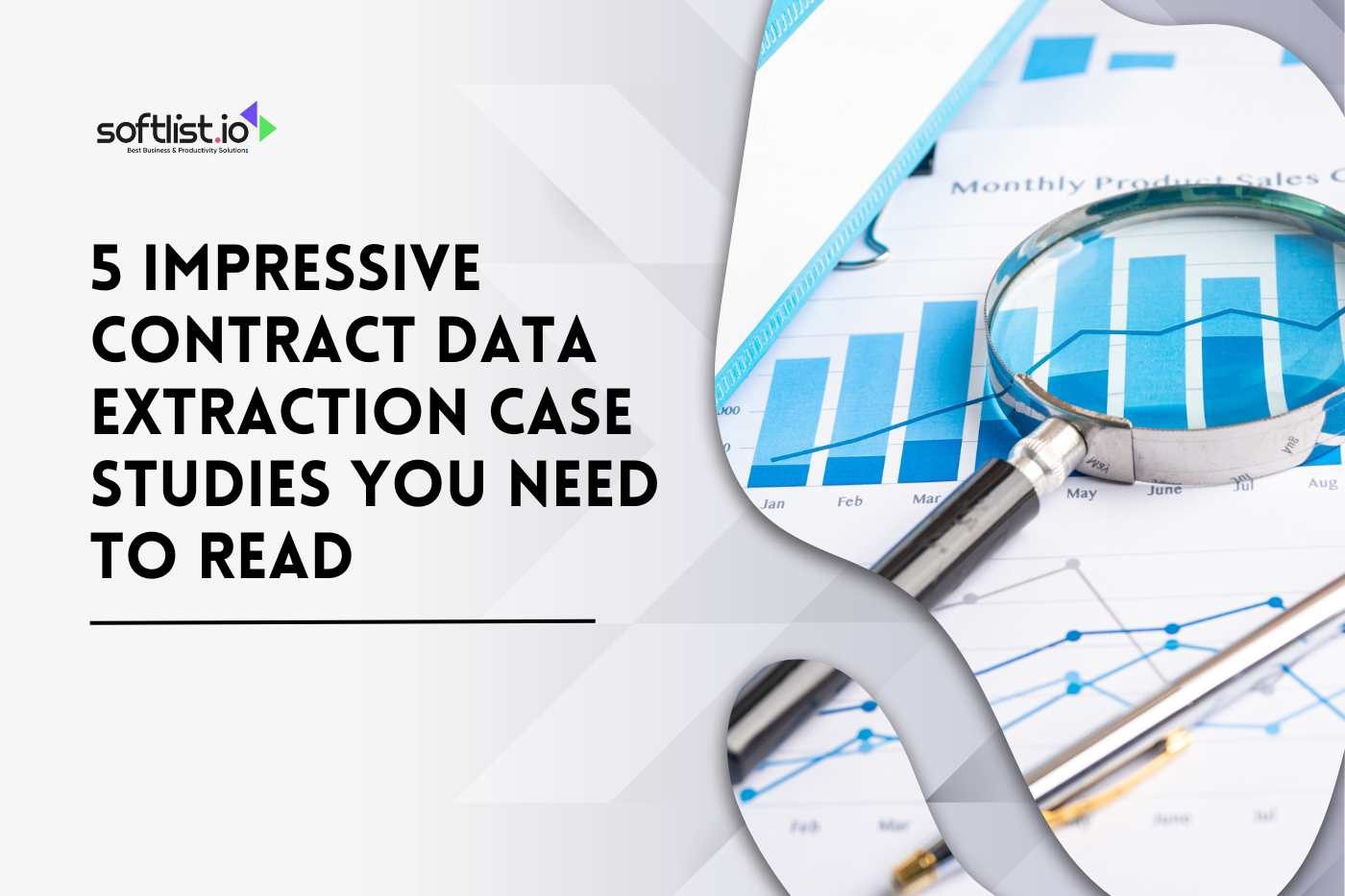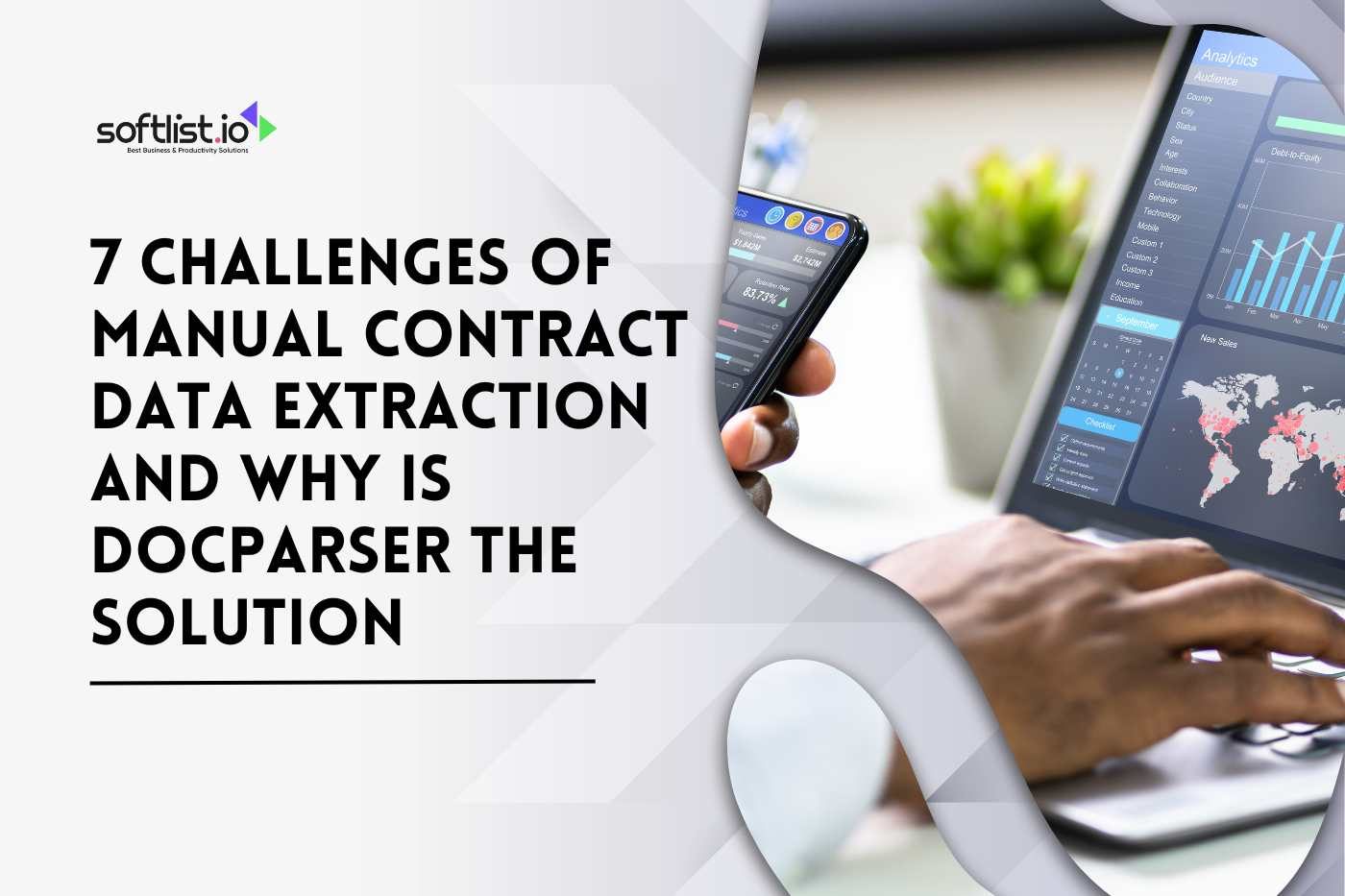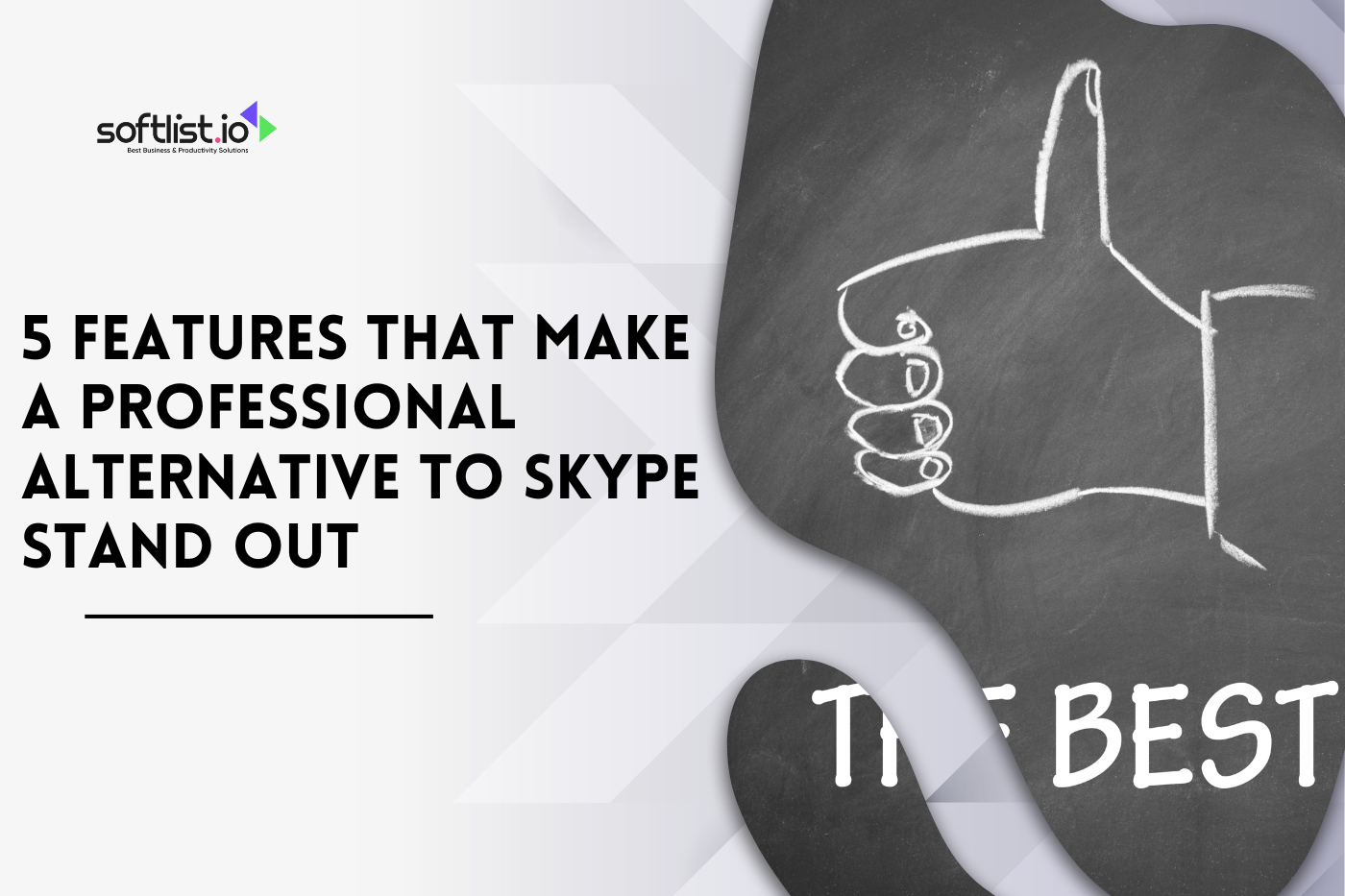In the information age, most businesses are online, and all their assets and valuable data are saved in cloud storage to access immediately. This data is sensitive and an integral part of the operation of any company and therefore is very important to safeguard and protect.
Software as a Service (SaaS) becomes a must-have means to collect, store, and process online data.
Although different businesses, companies, and government agencies require purpose-built software applications to meet their requirements, all SaaS has one thing in common which is Data Security.
Data security is therefore of incredible importance to maintain the privacy, and data of customers or organizations and maintain a defense against external threats from unauthorized people who might want to access this information.
Importance of Data Security in SAAS Applications:
SaaS security is based on cloud computing where data is stored and computed without the help of users and these clouds are large enough to spread to multiple countries with a single data center.
This is especially important for SaaS applications that deal with sensitive and personal data, such as home care software for the elderly. Home care software is a type of SaaS that helps elders age at home, by providing them with different services and support. For such SaaS applications, the security of valuable data is the asset of the company.
Data security services should protect and safeguard the huge amount of sensitive and important data that is being accessed by a mass of company and agency users from different computers.
Therefore, for any online business or company, SaaS security is of prime importance to protect crucial information and manipulate it with different analyzing techniques.
SaaS security is important because:
Data security helps gain the trust of website security software providers to customers to protect their valuable information from all perspectives.
It can develop mutual compliance with safety regulations and standards.
Data security in SaaS applications ensures the protection of the application and data from different security incidents and data breaches that create cyber threats.
SaaS security is helpful to avoid drastic consequences including legal matters, customer loss, and any question about the reputation of a company or service.
SaaS security of sensitive information should be protected efficiently and should not be leaked to hackers, cyber security threats, and venomous insiders.
Every company and agency has important data and if it is not secured or protected, then it can be detrimental to the business, agency, and customer base.
Data security in SaaS applications is one of the top priorities of any company or service for successful growth and propagation in any field of life.
Data Security Concerns in SaaS Applications:
A recent survey has helped to compute the rise of about 18% in the use of SaaS applications where an average business uses about 125 SaaS applications. But it has become evident that data security threats unfortunately have not improved to the same extent.
No one can deny the importance of SaaS applications in daily life. This includes emerging technology such as artificial intelligence (AI) and for example AI in emergency medicine. This is the next phase of SaaS applications: leveraging AI’s potential to revolutionize how we access data; bringing increased speed, precision, and efficiency to the forefront of fields such as critical care.
Therefore it is important to implement the latest security trends and controls in SaaS applications to maintain an ever-evolving environment. Artificial intelligence in medical emergency departments completely relies on patient data.
Cloud System Mis-configurations:
It has been observed that 40-45% of companies have data security concerns that are linked back to misconfiguration of cloud systems of applications. It is therefore one of the top security threats to SaaS applications in the world.
Cloud systems consist of malicious tiers of complexity mostly for security and privacy insurance. Applications are interlinked to execute the dependency and multitasking. Therefore multiple layers of configurations are done and when these are increased, security concerns are also enhanced.
Security teams should not ignore minor security problems because they can have long-term significant effects on the infrastructure of an organization. It is also important to keep a fine alignment with the security regulations to avoid continuous problems with data breaches.
The trend to use SaaS applications in the medical field such as clinics is of prime importance. Looking at emergency medicine again, patient data is updated via software so it becomes paramount to keep their data private and ensure the security of information of patients.
The IT security team of the organization should implement the latest SaaS security checks for the management of the security of SaaS applications and as a result, all data and information remain secure and safe.
SaaS Access Management:
For companies, it is important to manage access to SaaS applications because 20-30 % of data security issues arise due to poor access management. When SaaS application is easily accessible and it is available to a wide range of users then data security becomes a question.
If clinics have SaaS applications and it is available for access to every patient then the chance of patient data breaches is higher. Although the application saves data for medical history hackers reach it with intentions to sell on or leak.
In such circumstances, it is important to protect patient and organizational data from employees, customers, stakeholders, partners, and other people with different roles, privileges, and responsibilities.
Application Storage:
Storage of SaaS application data is another common pitfall because it involves a third party. When you use SaaS tools for online business and data management then you need to trust a third-party vendor for storage.
There are significant chances of data breaches in this case because storage is not being maintained by the organizational team and the organization has to depend on a third-party server to store data and manage it on their premises.
In the medical field, most of the data is processed on SaaS applications and if a third-party storage vendor is not authentic then the chances for unauthorized access to patient’s data occurs, and the organization is liable to those patients who have their data for medical purposes.
Many storage servers report questionable security measures to cope with data security threats and corruption to data loss can be a result. Hardware problems, network connectivity issues, and natural catastrophes can be a problem.
Shadow IT Pitfalls:
Recent research has observed the use of SaaS applications without the proper permission and authorization of IT departments and as a result creates data privacy issues without explicit IT department approval. This is known as Shadow IT and it impacts data security and SaaS applications.
Such applications fail to meet the security challenges and are not compliant with the requirements of an organization. Therefore IT departments of an organization need to be skillful in determining SaaS discovery Tools and IT department approval for the
SaaS application to be used in an organization.
Disaster Management:
It is an important SaaS security concern to recover the data in case of any natural or man-made disaster. Data loss is very difficult to handle especially in the medical field where every SaaS application is full of patient’s personal information.
Most hospitals and clinics have comprehensive patient medical histories to address the clinical needs of patients therefore data loss poses an incredible concern for the individual as well as the company or organization.
Best Practises for SaaS Data Security:
The following are best practice methods to increase the safe use of SaaS applications. It is important to practice these strategies to enhance government and legal compliance and maintain software and data security.
End-to-End Encryption of Data:
It is crucial to adopt encryption protocols in SaaS application development to protect data in both rest and transit forms. In this way, data is prevented from interception by hackers and data breaches. This protocol is called end-to-end encryption of an application.
In medicine field data encryption is important because it is crucial for patient data to not be shared with any unauthorized authority or otherwise. Encryption is part of the law for all sensitive data storage such as medical, financial, and personal information fields.
Continuous Security Audits and Backup:
The nature of threats and data hacking strategies are changing with emergy new technologies, leading to the necessity to continuously update the maximum security of data of SaaS applications. Regular assessment of software is key in this situation.
Sensitive fields such as the medical field and the inclusion of AI in the medical field have evolved the need for regular security checkups to protect the patient’s data and personal information.
Identification and management of SaaS Access:
Implementation of strict security checks for the entry of SaaS applications must be in
place for the identification and management of SaaS access. There must be clear ways to authenticate and track authorized personnel when accessing sensitive data and also what data they can access. And restricting access to data as appropriate for the level their level of employment.
Multifactor authentication is an innovation in this field to minimize the security risks in sensitive data applications such as the medical field where medical history, clinical history, and patient personal information are saved for patient compliance.
Regular Training of Personnel:
SaaS application developers and operators are critical because data security is in their hands to manage. An organization has to conduct regular awareness sessions and up-to-date training regarding new updates in SaaS applications.
In the health and clinical industry, data is highly sensitive, therefore their security and privacy should be ensured for the safe operation of applications.
Conclusion
SaaS applications for maintaining data security are crucial to maintaining the privacy of people’s data and the safety of both business and agency operations.
While using such software, SaaS data security threats are common and they need to be managed wisely and regularly updated to maintain defense from unauthorized access by external and real threats to people’s information.
SaaS applications allow access to sensitive data especially when they are used in sensitive fields like healthcare where patients’ personal and medical data is accessed. Therefore SaaS applications need to have strict guidelines to maintain government laws and protect from external breaches. These privacy measures are the prime responsibility of their organization, company, or government agency to ensure data security is maintained.
FAQs
How is SaaS data security ensured in an organization?
Most organizations adopt best practices to ensure data security but sometimes they fail due to certain undefined new security threats. This is where the organization must have up-to-date information on emerging threats and new technologies, for example, AI.
Why is data security in SaaS applications important?
Important personal and professional information is saved in most of the applications used by an organization or agency, therefore data security risks can cause potential breaches of information.
Can someone improve data security policies?
Yes, most organizations should improve security policies regularly to stay updated on new threats and the latest security techniques. Maintaining updated software and ensuring the authorization of employees is correct.






